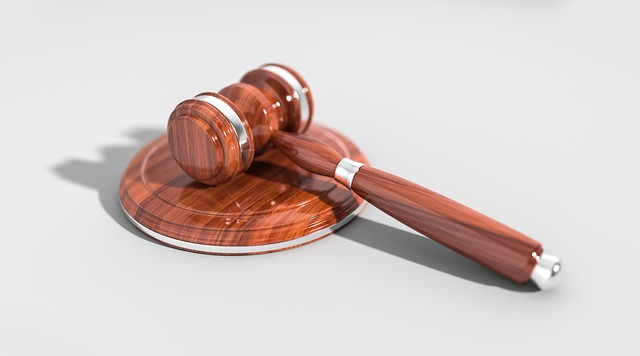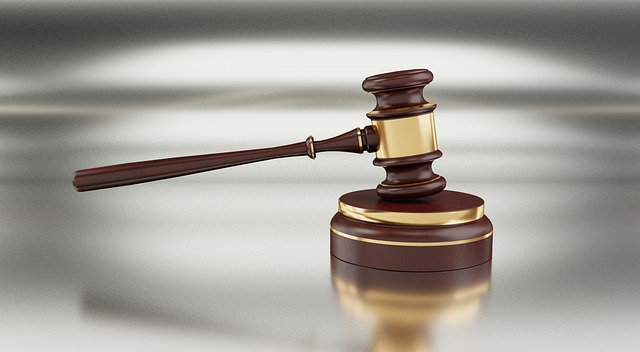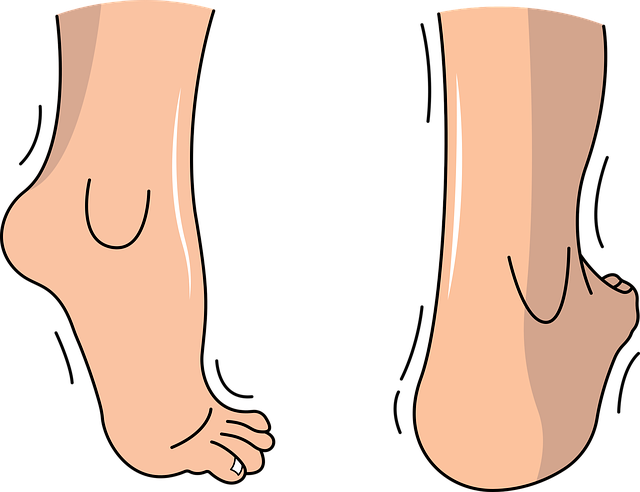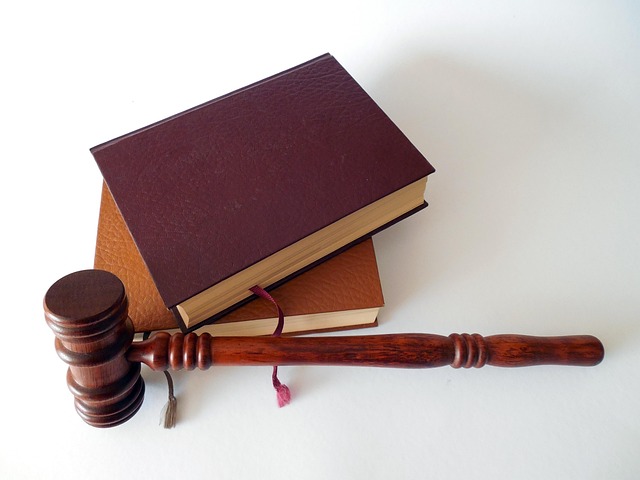In personal injury trials, witnesses are crucial for reconstructing accidents, providing diverse perspectives, and detailing behaviors leading up to incidents. Their testimonies, especially from expert witnesses, eyewitnesses, and laypersons, significantly impact jury verdicts by offering unique insights into complex cases like negligence or breach of contract. The preparation and examination of witnesses, including cross-examination strategies, are vital for car accident attorneys and truck accident lawyers to ensure accurate representation and secure key information.
In a personal injury trial, witnesses play a pivotal role in shaping the outcome. Understanding their significance is key to navigating these complex cases. This article delves into the critical function of witnesses, exploring different types and their unique contributions. We’ll dissect the preparation process, from witness selection to cross-examination strategies, emphasizing best practices for effective representation. By grasping these dynamics, legal professionals can optimize the potential for a favorable verdict in personal injury trials.
- Understanding the Importance of Witnesses in Personal Injury Trials
- Types of Witnesses and Their Testimonies
- The Process of Witness Preparation and Cross-Examination
Understanding the Importance of Witnesses in Personal Injury Trials

In a personal injury trial, witnesses play a pivotal role in presenting the facts and helping the jury understand the events that led to the harm suffered by the plaintiff. Their testimony is crucial for reconstructing accidents, describing behaviors leading up to incidents, and providing insights into the physical and emotional impact on the victim. Each witness contributes unique information that can either strengthen or weaken a case, making their reliability and credibility paramount.
Having competent legal representation is essential in navigating the complexities of a personal injury trial. An auto accident attorney understands how to effectively utilize witnesses’ statements to prove liability, especially when dealing with issues like breach of contract or negligence. Properly managing witness testimonies can significantly influence the outcome of the case, ensuring that every aspect of the incident is accurately represented before the court.
Types of Witnesses and Their Testimonies

In a personal injury trial, witnesses play a pivotal role in reconstructing the events leading up to and following the incident. These can range from eyewitnesses who saw the accident unfold, to medical professionals who provide expert opinions on the victim’s injuries, and even laypersons who can attest to the conditions that led to the harm. For instance, in slip and fall injuries, witnesses may describe the state of the premises, while in nursing home abuse cases, caregivers or other residents can offer insights into the victim’s condition before and after the alleged misconduct.
Different types of witnesses contribute unique perspectives. Expert witnesses, such as doctors or forensic specialists, provide specialized knowledge to help the jury understand complex medical or scientific aspects of the case. In business litigation involving personal injury, these experts might analyze workplace safety protocols or assess liability related to product defects. Other crucial witnesses include insurance adjusters who document pre-existing conditions and investigators who reconstruct scenes, ensuring that every angle of the personal injury trial is thoroughly examined.
The Process of Witness Preparation and Cross-Examination

The process of witness preparation and cross-examination is a critical phase in any personal injury trial case. It involves meticulous planning and execution to ensure that every witness provides accurate, unbiased, and relevant testimony. A car accident attorney or truck accident lawyer will engage with witnesses through thorough questioning and guidance to highlight key facts and details that can significantly impact the outcome of the case. This preparation includes understanding the circumstances surrounding the incident, reviewing medical records (in cases like slip and fall injuries), and rehearsing potential questions and answers to build a solid narrative.
During cross-examination, these legal professionals strategically interrogate witnesses to challenge their testimonies, expose inconsistencies, or uncover relevant information that may have been previously overlooked. The goal is not just to discredit the witness but to present a balanced perspective of the events, which is essential in building a compelling case. Effective cross-examination requires a deep understanding of evidentiary rules and the ability to ask nuanced questions that prompt witnesses to provide clearer and more precise details about their experiences.
In a personal injury trial, witnesses play a pivotal role in presenting the facts and helping juries understand the impact of an incident. From providing firsthand accounts to offering expert opinions, each witness contributes to the overall narrative. Effective preparation and cross-examination of these individuals are essential to building a compelling case. By understanding the different types of witnesses and their unique testimonies, legal professionals can navigate the complexities of personal injury trials, ensuring justice for all parties involved.






